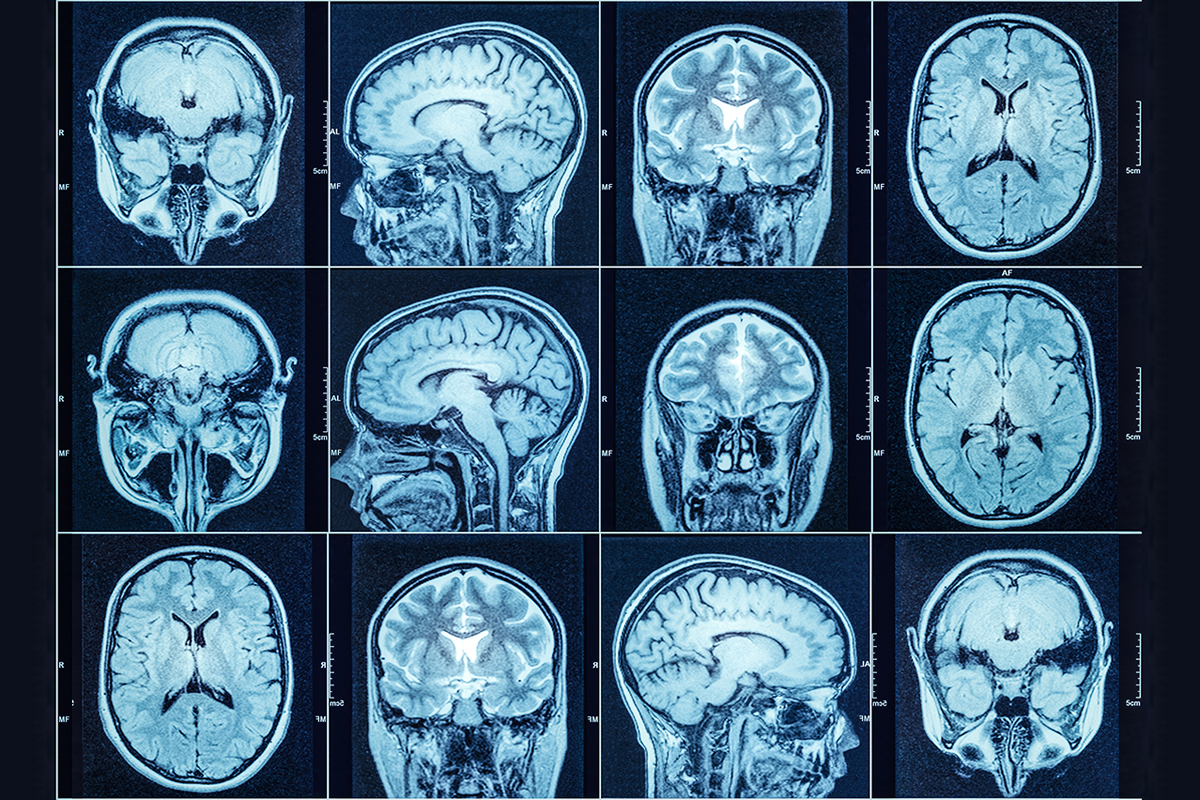Telepathy, once confined to the realms of fiction, is now taking strides towards reality, thanks to recent advancements in brain-machine interfaces. Dr. Xupeng Chen and his team from New York University have recently published a groundbreaking study in the esteemed journal Nature, showcasing their progress in translating thoughts into words through neural signals.
Dr. Chen’s research, rooted in the field of regenerative medicine, specifically focuses on brain-machine interfaces. These interfaces aim to establish seamless communication between the human brain and external devices, bringing us closer to the concept of telepathy.
At the core of Dr. Chen’s study lies electrocorticography, a technique involving the implantation of electrodes directly into the brain to record electrical activity. This method offers a superior resolution of neural signals, enabling more accurate decoding of brain activity compared to noninvasive approaches.
The study unveils a speech decoder that effectively translates neural signals into coherent speech, leveraging advanced deep learning models like ResNet and Swin Transformer. Surprisingly, the researchers observed minimal differences in decoding accuracy between the brain’s left and right hemispheres, suggesting potential benefits for individuals with brain impairments.
Contrary to expectations, the study found that electrode density had limited impact on decoding accuracy. This insight holds significant promise for the future accessibility and affordability of brain-machine interfaces.
Moreover, the research highlights the significance of the sensorimotor cortex in speech decoding, underscoring its role in generating accurate representations of spoken language.
Excitingly, Dr. Chen and his team have made their neural decoding pipeline openly available, fostering collaboration and innovation in the field. This open-access approach is poised to accelerate advancements in brain-machine interfaces.
Looking ahead, the implications of this research are vast. While the immediate focus is on translating neural signals into spoken language, the long-term goal is wireless, implantless communication directly from the mind—a concept once relegated to science fiction.
As we unravel the complexities of the human brain, the potential applications of brain-machine interfaces are limitless. From aiding individuals with speech impairments to enabling seamless human-machine interaction, these interfaces hold transformative potential.
Dr. Xupeng Chen’s research marks a significant leap forward in the pursuit of telepathic communication. By harnessing neural decoding technology, we are inching closer to a future where thoughts seamlessly translate into action—an endeavor that has only just begun.







